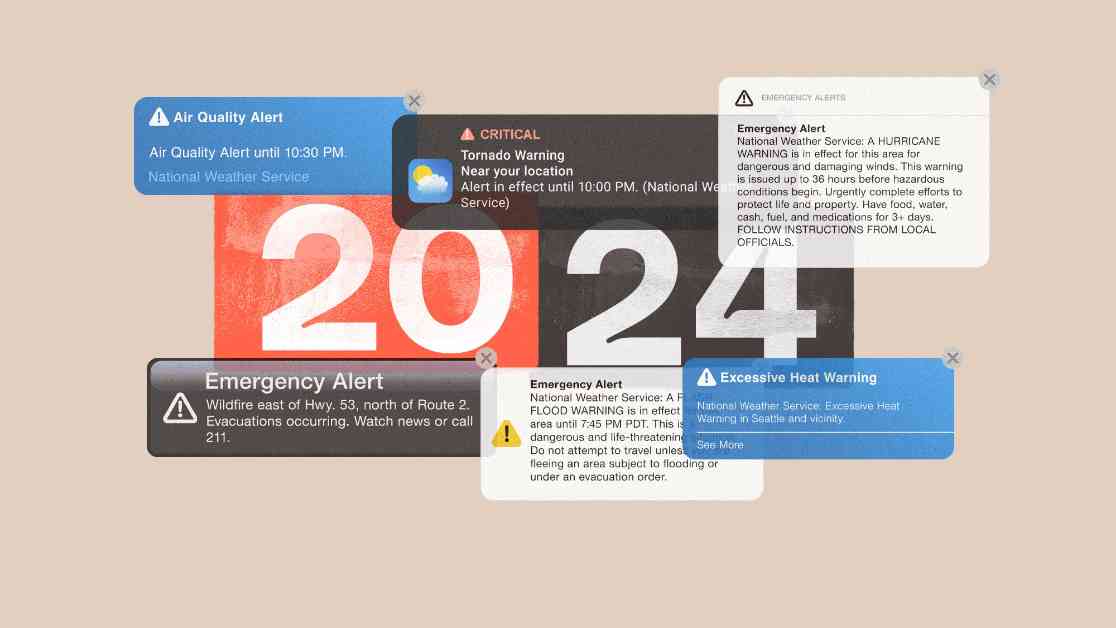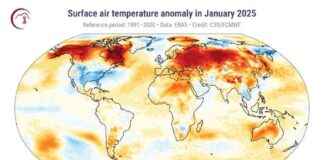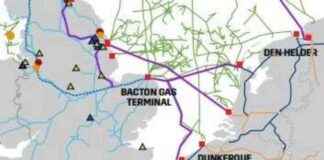Navigating Alert Fatigue: Climate Trends in 2024
In the hottest year on Earth out of the last 125,000, temperatures soared, hurricanes wreaked havoc, and climate disasters mounted. The impact of climate change intensified extreme weather events globally, leading to numerous deaths and catastrophic damages.
In Saudi Arabia, temperatures soared above 125 degrees Fahrenheit during the Hajj in June, claiming 1,300 lives of pilgrims in Mecca. Southern Pakistan faced a deadly heat wave, resulting in hundreds more casualties. Hurricane Helene brought torrential rains, causing mudslides and floods in western North Carolina. Moreover, Valencia and eastern Spain experienced a year’s worth of rainfall in just eight hours, leading to devastating floods.
The rise in extreme weather events has increased the frequency of push alerts on phones, a phenomenon known as alert fatigue. Emergency managers are concerned that overwhelming people with constant warnings may lead to them ignoring critical alerts. This issue is considered one of the most significant challenges faced by emergency response teams as climate disasters become more frequent.
Anti-tourism: The Fight Against Mass Tourism
Locals across Southern Europe took to the streets against mass tourism, demanding sustainable and limited tourism practices. The protests began in Spain’s Canary Islands and spread to other popular destinations like Barcelona, Majorca, Venice, and Lisbon. Residents expressed concerns that their towns were turning into theme parks, straining resources, and neglecting the needs of the local community. Environmental groups supported the cause, highlighting the environmental impact of tourism and the need for responsible practices.
Carbon Cowboys: Exploiting Carbon Offsets for Profit
Companies involved in carbon offset schemes have been criticized for profiting off lands without benefiting local communities. Investigations revealed that lucrative conservation projects were failing to distribute rewards to those who deserved them, leading to environmental exploitation. Climate researchers emphasize the need for oversight and transparency in carbon-offset markets to address the growing concerns of unethical practices.
Category 6 Hurricanes and Climate Homicide
Scientists are advocating for a new classification, Category 6, to account for ultra-powerful hurricanes fueled by climate change. Additionally, the legal concept of climate homicide is gaining attention, suggesting that oil companies could be held responsible for the deaths resulting from their contributions to climate change. These developments reflect the urgent need for action to address the escalating impacts of global warming.
As we navigate the complex challenges posed by climate change, it’s crucial to prioritize sustainable practices, advocate for responsible environmental policies, and work towards a collective effort to combat the effects of global warming. Climate fatigue, anti-tourism movements, carbon offset exploitation, and legal implications highlight the multifaceted nature of climate-related issues that require immediate attention and action. Let’s strive to create a more sustainable and resilient future for our planet and future generations.














